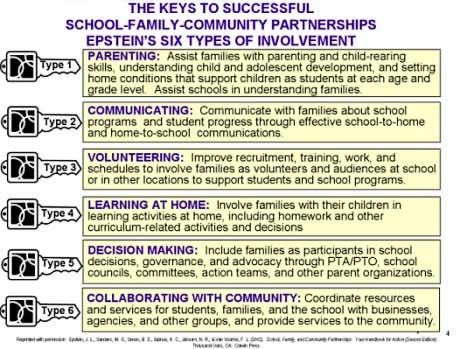jeromedelisle consulting
- Home

- Professorial Lecture
- Tobago PLN Project 2020

- TOBAGO WORKSHOP 2014

- Programme Structure
- The Video Page
- New-Student Assessment with Boys-What Works
- Video Page 2
- Worksheets
- DAY 1-INTRODUCTION AND DATA LITERACY
- DAY 2-EXPLORING THEORY & WHOLE SCHOOL APPROACHES
- DAY 3-SOCIOCULTURAL & PEDAGOGIC INFLUENCES/INDIVIDUALS WHO STRUGGLE
- DAY 4 - HELPING BOYS READ & WRITE
- DAY 5-MANAGING MASCULINITIES
- TOBAGO WORKSHOP 2013

- Programme Schedule
- Group Activities & Support
- National Assessments & Public Examinations
- The Item Writing Page
- The Performance Assessment Page
- First Steps-Formative Assessment
- Giving Formative Feedback
- Informal Formative Assessment
- Reorganizing Your Class for Formative Assessment
- The 21st Century Skills Page
- The Reading Page
- The PLC Page
- The Male Underachievement Page
- The International Assessment Page
- Clinical Item Writing Workshop
- Services
- About Us
- Contact Us
- CAP Evaluation
Tobago Issues - Parental Involvement
 The school must learn to partner with families and communities. This redefines the topic of parental inolvment.
The school must learn to partner with families and communities. This redefines the topic of parental inolvment.
Definition
Family-school-community partnerships are a shared responsibility and reciprocal process whereby schools and other community agencies and organizations engage families in meaningful and culturally appropriate ways, and families take initiative to actively supporting their children's development and learning.

Joyce Epstein talks about a school learning community, which includes educators, students, parents, and community partners who work together to improve the school and enhance students' learning opportunities

Six types of involvement
- Parenting. Assist families with parenting skills, family support, understanding child and adolescent development, and setting home conditions to support learning at each age and grade level. Assist schools in understanding families' backgrounds, cultures, and goals for children.
- Communicating. Communicate with families about school programs and student progress. Create two-way communication channels between school and home.
- Volunteering. Improve recruitment, training, activities, and schedules to involve families as volunteers and as audiences at the school or in other locations. Enable educators to work with volunteers who support students and the school.
- Learning at Home. Involve families with their children in academic learning at home, including homework, goal setting, and other curriculum-related activities. Encourage teachers to design homework that enables students to share and discuss interesting tasks.
- Decision Making. Include families as participants in school decisions, governance, and advocacy activities through school councils or improvement teams, committees, and parent organizations.
- Collaborating with the Community. Coordinate resources and services for families, students, and the school with community groups, including businesses, agencies, cultural and civic organizations, and colleges or universities. Enable all to contribute service to the community.
Which of these areas are most important for your school?

Schools must strive to implement the following standards

Here is an idea for your school PLC from Professor Epstein- An Action team for Partnership
The first step is to create an Action Team for Partnerships (ATP). The team should consist of at least two or three teachers at different grade levels, two or three parents with children in different grades, and at least one administrator. If there is an existing parent organization (i.e., PTA, PTO, parent council), one of its members should serve on the Action Team for Partnerships.

- Snapshot of Recent Epstein Lecture
- Why is it important for Tobago teachers to know their families?
- Snapshot of Recent Epstein Lecture
- 2012 Joyce Epstein Lecture
- How can schools be ready for all families? How do we organize our work to involve everyone?
- 2012 Joyce Epstein Lecture
- Joyce Epstein 2013
- How can you create a family like atmosphere in your school?
- Joyce Epstein 2013
Copyright 2009 jeromedelisle.com. All rights reserved.